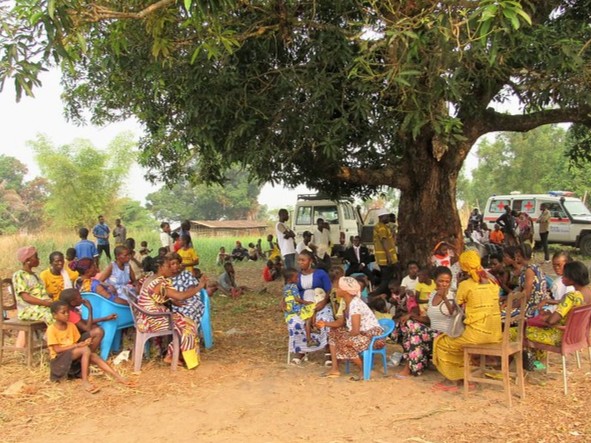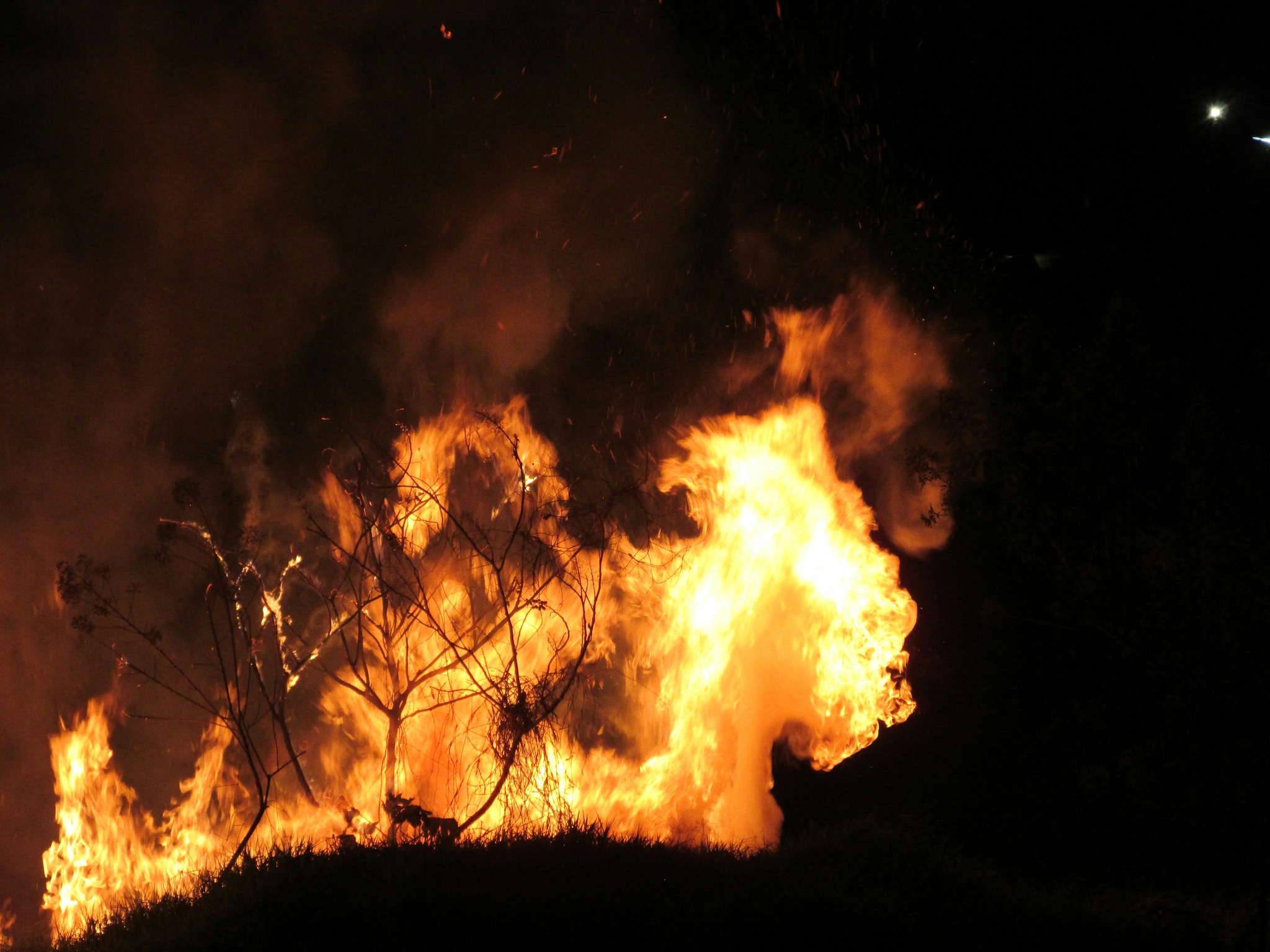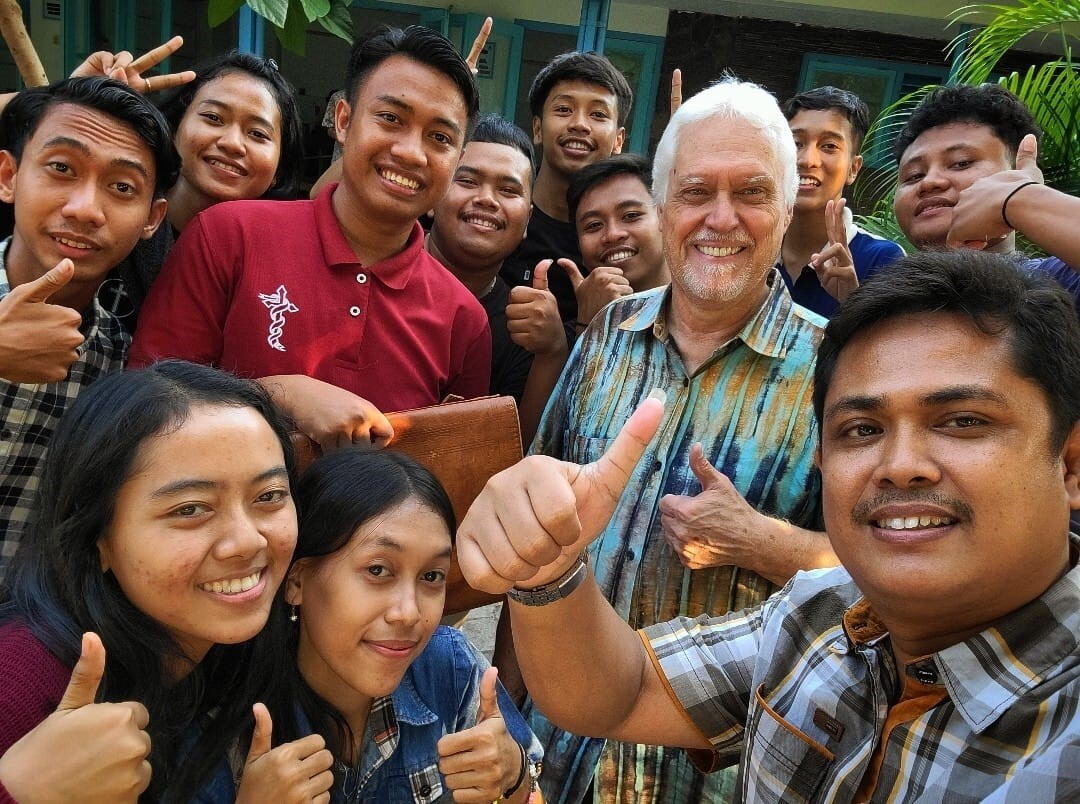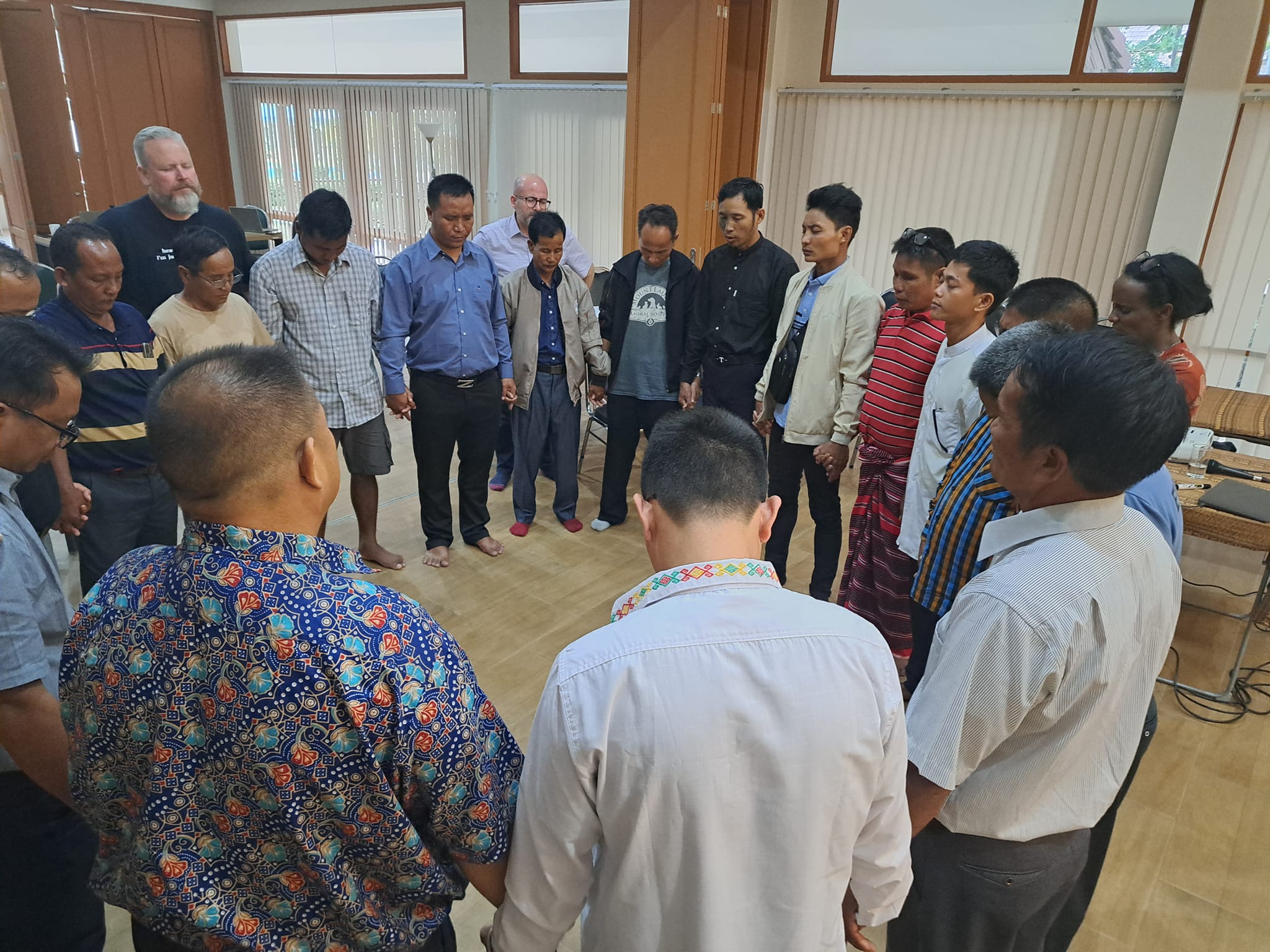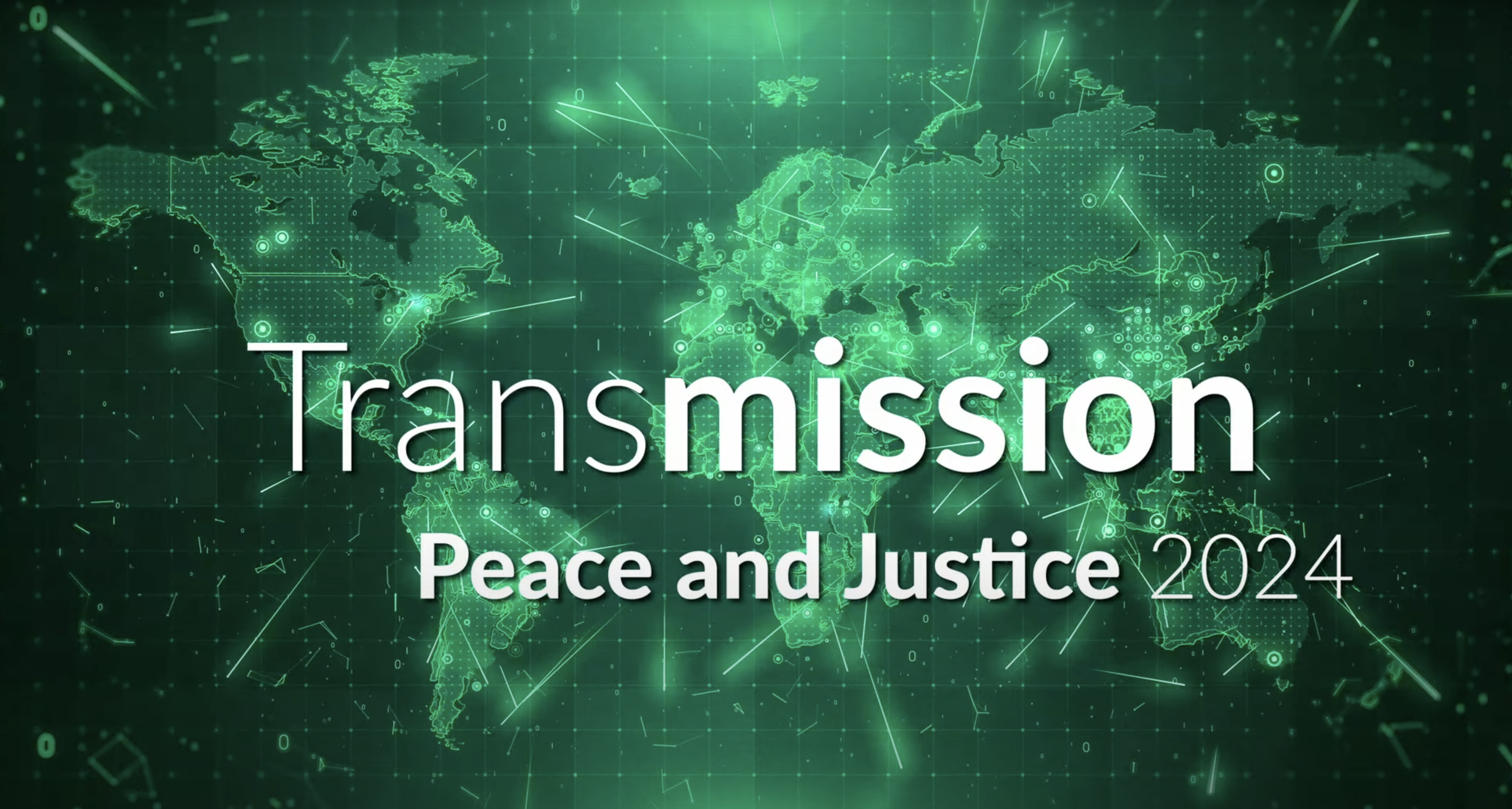-
A pastoral letter for Anabaptists in DR Congo
We received a request for prayer from our leaders in DR Congo. Pastor Jean-Pierre Muya, president of MWC member church Communauté Mennonite de Congo (CMCo), writes: “This is a difficult time in our country. Please continue to pray for the restoration of peace and for the injured.”
-
All webinars
Upcoming Webinars Faith, Peace and Education:Anabaptist theological education in the Colombian sociopolitical context GAHEN Webinar Speaker: Santiago Espitia Fajardo 16 February 2026 14:00 (UTC) Languages: English, Español, Français The Mennonite Biblical Seminary of Colombia (SBMC) is a theological education institution of the Mennonite Church of Colombia (IMCOL). Santiago Espitia Fajardo, director of the seminary, is
-
A pastoral letter for those affected by wildfires in Los Angeles
Beloved sisters and brothers: The raging fires in Los Angeles in southern California, USA, have impacted many communities. At publication time, the fires have destroyed more than 160 km2, claimed the lives of at least 24 with dozens missing or unaccounted for, and destroyed more than 10,000 structures, including homes and churches. MWC member churches
-
A spirit of teamwork
James Krabill with students at STAKWW (Sekolah Tinggi Agama Kristen Wiyata) in Pati, Indonesia. About the Mission Commission The Mission Commission provides MWC member churches with resources and a forum for dialogue on global witness and service. The commission brings together the Global Anabaptist Service Network (GASN) and the Global Mission Fellowship (GMF) and enables
-
Yesterday’s martyrs inspire those who suffer today
“Their commitment to passing down the message of peace and the gospel inspires me to live a sacrificial life for peace.” Stories of the early Anabaptist martyrs have shaped and inspired Mennonites around the world for 500 years. They continue to do so for suffering pastors in Myanmar, like the one quoted above. From 25-29
-
Holy Spirit works through Catholic synod
“It was necessary to take courage: it’s another world, another vocabulary, another way of thinking. How was I to bring my own questions and be respectfully present as a guest while being fully Mennonite?” Anne-Cathy Graber asked these questions as she received an invitation to attend the Vatican’s Sixteenth Ordinary General Assembly of the Synod
-
You’re Not Alone
*Page with music notation are taken from the forthcoming Voices Together worship and song collection, published by MennoMedia. Used with permission. Permission granted to MWC member churches for congregational use for Peace Sunday and Anabaptist World Fellowship Sunday. For permissions for ongoing use or in larger group gatherings, please contact info@smalltallministries.com. Included here You’re Not
-
Speaker’s bureau
Invite the global church into your congregation! MWC member congregations are welcome to invite one MWC speaker per year to bring a message from the global Anabaptist-Mennonite family. This may be for Anabaptist World Fellowship Sunday, Peace Sunday or any day you wish to give special attention to the global family. Please consider giving an
-
Stewardship for All?
Stewardship for All?, by Bedru Hussein and Lynn Miller
-
Testing Faith and Tradition
Testing Faith and Traditionthe volume from Europe, released in 2006 (also available in Spanish, French, German and Dutch).
-
The ‘Anabaptist Tradition’ – Reclaiming its gifts, heeding its weaknesses
A teaching resource from the Faith and Life Commission What does it mean for member churches of Mennonite World Conference to share anAnabaptist identity? What is the value of Anabaptist “tradition” – and what does that wordmean in a global context? What are our Anabaptist understandings of mission andfellowship? In 2009, the newly appointed Faith
-
Transmission
Transmission is the title given to a series of 5 films of 10 minutes which present Anabaptist thought to people around the world to encourage a life of faith created by Affox AG, a multimedia production company. We would like to do this by providing a glimpse at the journeys we experience as disciples of Jesus
